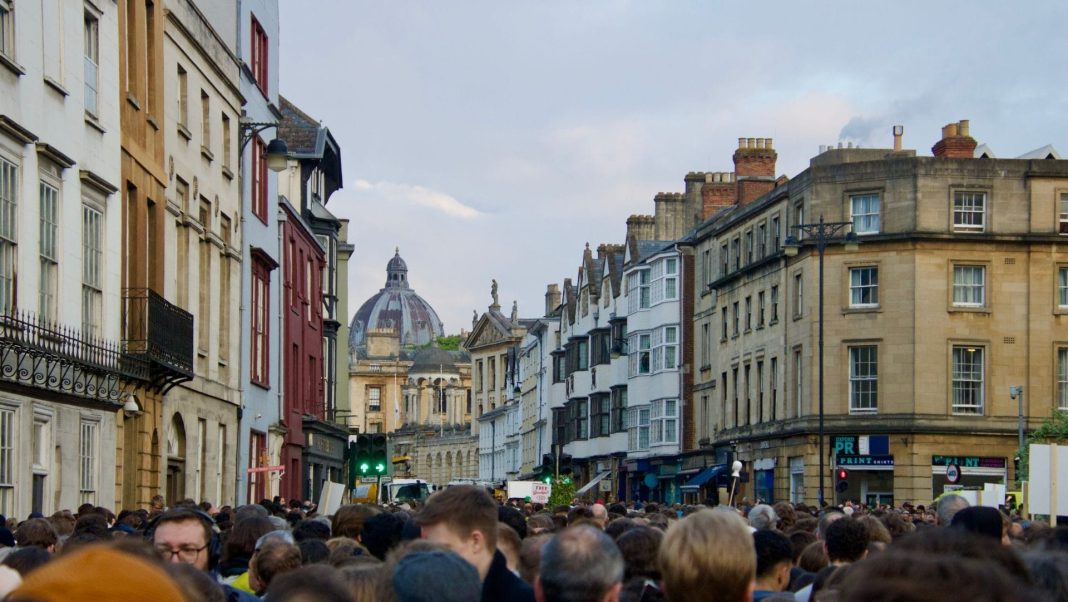The University of Oxford has announced new plans to support ‘town and gown’ relations within the local community in an initiative that aims to “support transformative social and economic change locally.”
The new programme, entitled ‘Beyond Town and Gown’, outlines plans which aim to “turn the page on that town and gown separation” and “work towards a more inclusive Oxford”. The University says that their approach will support local engagement through “championing, connecting, and convening”. This involves developing existing community initiatives, making the University more accessible to locals, and bringing people together to collaborate on solutions to local problems.
Key projects include partnerships with schools, such as the College-Primary Twinning Project, which pairs local primary schools with Oxford colleges, and gives them access to college facilities and opportunities to partake in extracurricular activities and tutoring, on college sites, as well as in their own schools.
The plan also includes the expansion of various cultural programmes that the University is already involved in, including long-running outreach efforts that involve opening up Oxford’s gardens, libraries, and museums, which host various educational and cultural events for local residents. The University has also supported community organisations through small grants, collaboration with local schools, and has worked closely with Oxford City Football Club.
The University has also been recognised as a University of Sanctuary, providing scholarships and support for refugees. The University is currently working on a project with Asylum Welcome to create a Refugee-Led Research Hub in East Oxford, which will offer opportunities for sanctuary seekers in Oxford.
University Local and Global Engagement Officer, Professor Alexander Betts, told Cherwell: “After 800 years of town-gown divide, we know that this will take time and we are at the start of a journey. We are committed to working collaboratively with the city, the county, and the local community to shape a brighter future for people across the region. We will do that by contributing to sustainable economic growth, sharing the university’s facilities and expertise with local residents, and building enduring relationships with the local community.”
The ‘town and gown’ relationship has been historically divided, with conflicts between students and townspeople dating back to the 13th century. Today, the separation continues as the university’s growth and demand for student accommodation “sometimes strain local infrastructure” according to the University’s report. Recently, plans for the redevelopment of a Magdalen College accommodation block by the Cowley roundabout and the construction of a new research lab in Headington were the target of many objections and complaints from local residents, and are at the fore of these tensions.


